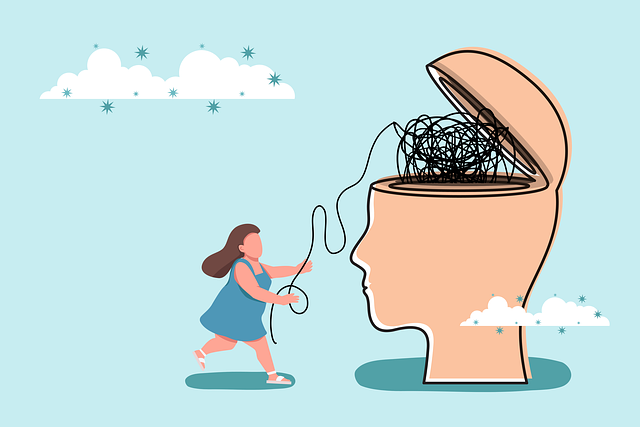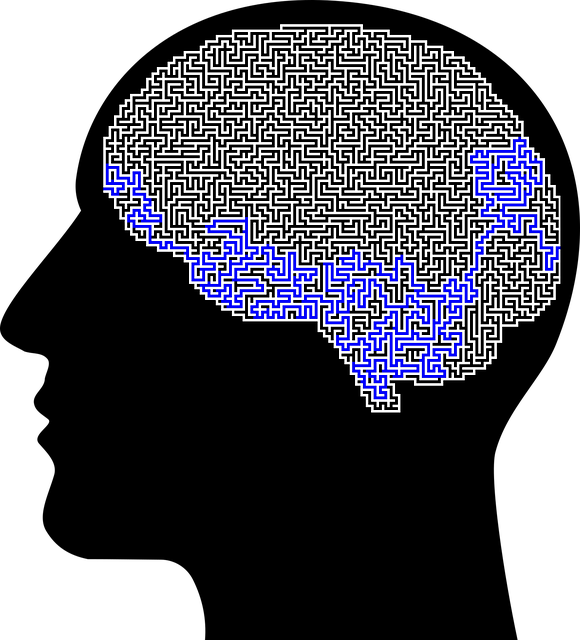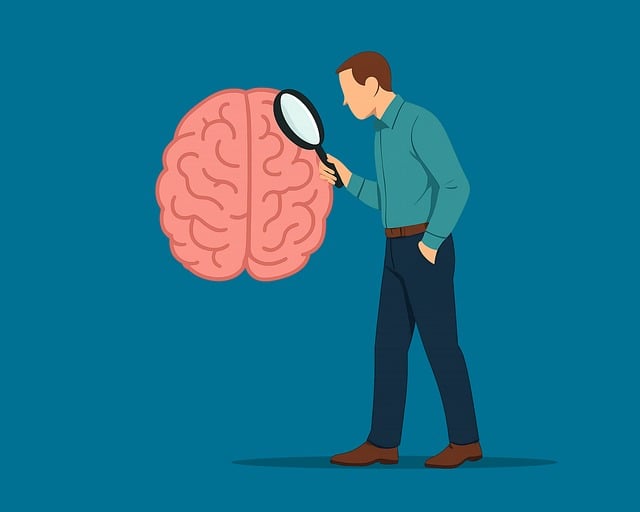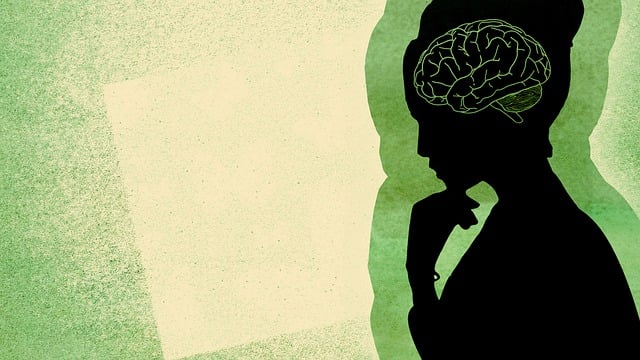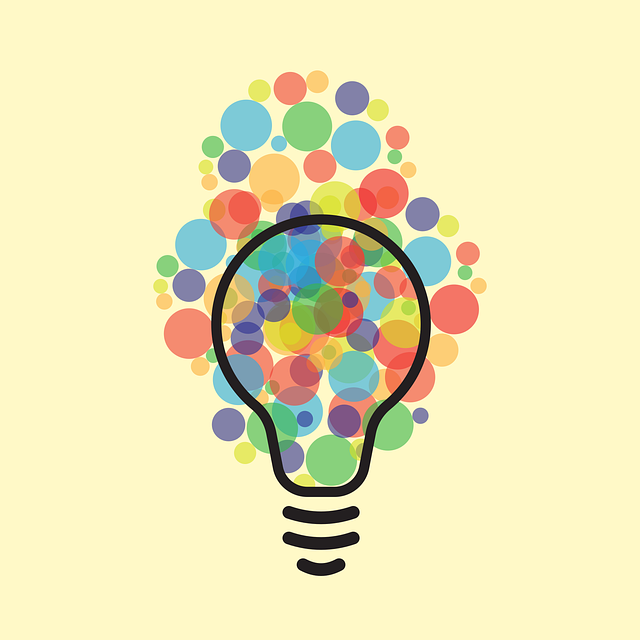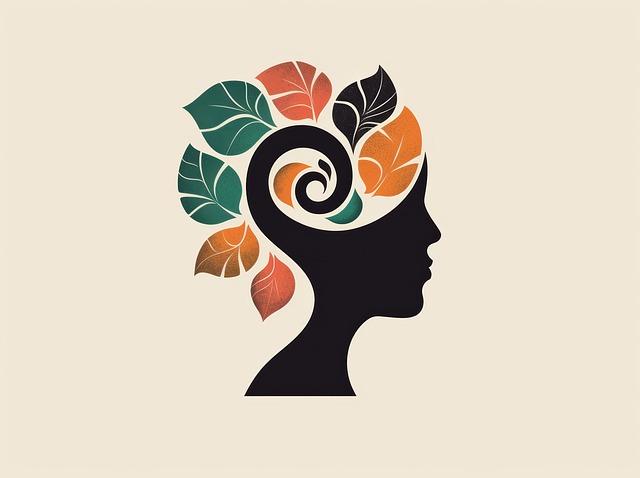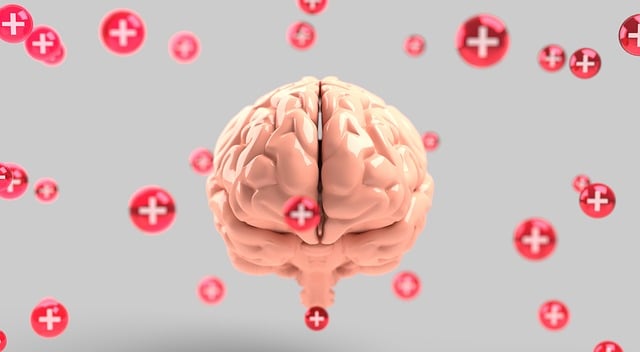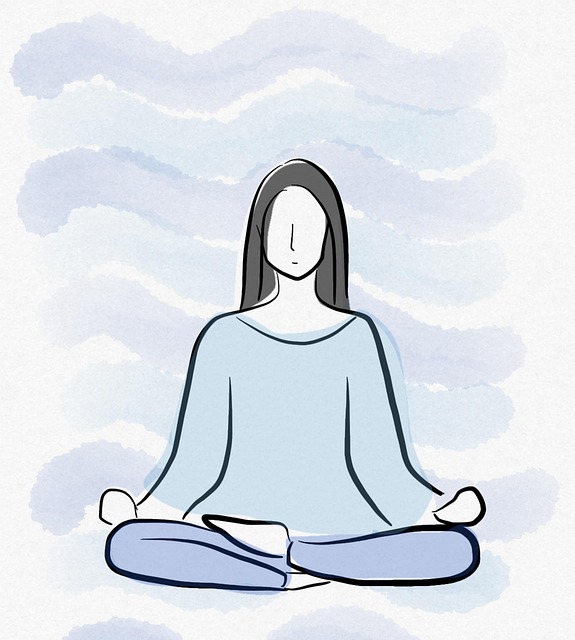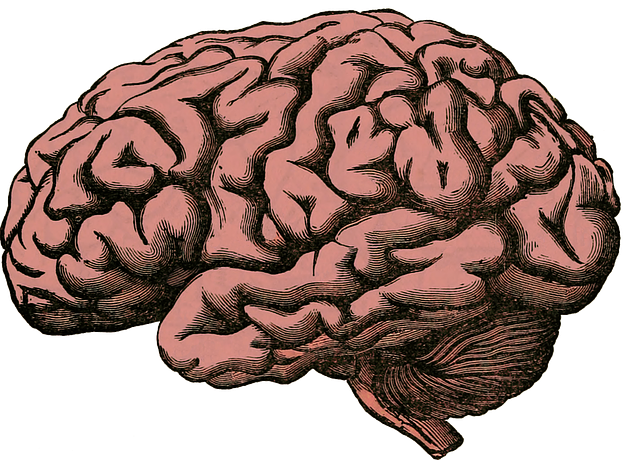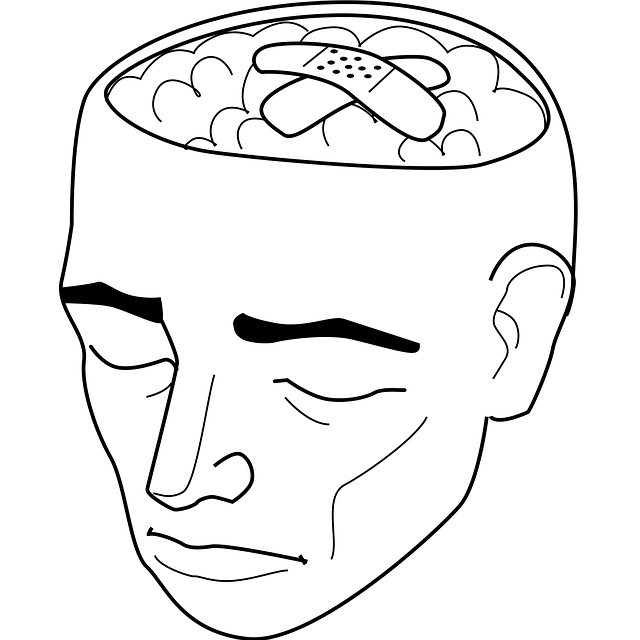Boulder Geriatrics Therapy tackles the growing mental health crisis in aging adults through comprehensive solutions. They offer tailored self-assessment tools, proactive burnout prevention for healthcare providers, and culturally sensitive programs to identify early mental distress signs. Their multi-faceted approach combines traditional methods with digital platforms, leveraging technology to enhance screening, treatment, and awareness. Through continuous testing and expert input, they ensure their self-assessment tool remains effective, accessible, and relevant for seniors' unique needs.
Mental wellness is a critical aspect of healthy aging, yet assessing it can be challenging. This article explores the development of self-assessment tools tailored to the unique needs of older adults. We delve into the significance of mental health screening, highlighting its impact on senior well-being. By examining factors like cognitive function, social engagement, and emotional resilience, we identify the gaps in existing assessments. Leveraging technology, particularly digital solutions like Boulder Geriatrics Therapy’s innovative tools, offers promising avenues for accurate, accessible, and personalized mental wellness evaluations.
- Understanding Mental Wellness and Its Impact on Aging Adults
- Identifying the Need for Customized Self-Assessment Tools
- Key Components of Effective Mental Health Screening for Seniors
- Integrating Technology: Digital Solutions for Boulder Geriatrics Therapy
- Testing, Refinement, and Implementation for Optimal User Experience
Understanding Mental Wellness and Its Impact on Aging Adults

Mental wellness is a crucial aspect of overall health, especially as individuals age. For aging adults, maintaining mental well-being can significantly impact their quality of life and daily functioning. It’s essential to recognize that mental health issues among older populations are prevalent and often go unnoticed or undiagnosed. The unique challenges of growing older, such as physical changes, loss of independence, and social isolation, can contribute to a higher risk of developing conditions like depression, anxiety, and cognitive decline. Understanding these complexities is the first step in creating effective interventions.
In Boulder Geriatrics Therapy, professionals are dedicated to addressing the mental wellness needs of this demographic. By incorporating strategies for burnout prevention, conflict resolution techniques, and enhancing healthcare provider cultural competency training, they strive to develop holistic self-assessment tools. These tools aim to detect early signs of mental health struggles, encourage open dialogue, and provide personalized support tailored to the diverse needs of aging adults.
Identifying the Need for Customized Self-Assessment Tools

In today’s fast-paced healthcare landscape, where demands on providers are ever-increasing, the need for effective mental wellness self-assessment tools has become more pronounced than ever. Traditional approaches often fail to account for the unique challenges faced by healthcare professionals, such as high stress levels and potential burnout stemming from their crucial roles in Boulder Geriatrics Therapy. This is where customized self-assessment tools prove invaluable. They are designed to cater to the specific needs and issues prevalent in this domain, enabling practitioners to proactively manage their emotional well-being alongside their clinical duties.
By employing these tailored assessments, healthcare providers can gain deeper insights into their stress reduction methods and burnout prevention strategies. This proactive approach not only fosters better emotional regulation but also enhances patient care. Customized tools allow professionals to identify early signs of distress or impairment in themselves, enabling timely interventions and a more holistic approach to well-being that incorporates both professional and personal aspects of life within the context of Boulder Geriatrics Therapy.
Key Components of Effective Mental Health Screening for Seniors

Mental health screening for seniors involves a multifaceted approach to ensure comprehensive assessment. Key components include gathering detailed personal and medical histories, conducting thorough mental status examinations, and incorporating validated tools specifically designed for geriatric populations. Effective screening should not only identify symptoms of common mental health disorders but also evaluate functional abilities, social support systems, and any potential barriers to care, reflecting the complex nature of aging minds.
Boulder Geriatrics Therapy emphasizes the importance of these integrated strategies, promoting not just diagnosis but also personalized self-care routine development for better mental health. By incorporating empathy building strategies and focusing on self-esteem improvement, therapists aim to foster resilience and enhance overall well-being in seniors. This holistic approach ensures that treatment plans are tailored to address the unique challenges faced by older adults, ultimately improving their quality of life.
Integrating Technology: Digital Solutions for Boulder Geriatrics Therapy

In today’s digital era, integrating technology has become a game-changer for Boulder Geriatrics Therapy, revolutionizing the way mental wellness self-assessment tools are developed and delivered. Online platforms and mobile applications offer accessible and convenient solutions, ensuring that individuals can readily access resources tailored to their unique needs. This shift towards digital solutions not only expands the reach of therapy but also enhances public awareness campaigns development, fostering a more inclusive environment for mental health policy analysis and advocacy.
By leveraging technology, Boulder Geriatrics Therapy can implement interactive and user-friendly self-assessment tools that employ Mind Over Matter principles. These digital interventions allow individuals to actively engage with their mental wellness journey, promoting self-reflection and personal growth. Such innovative approaches not only complement traditional therapy but also empower folks to take control of their well-being, leaving a lasting impact on their overall mental health and quality of life.
Testing, Refinement, and Implementation for Optimal User Experience

The development of effective mental wellness self-assessment tools involves an iterative process of testing, refinement, and implementation designed to deliver an optimal user experience. Initially, pilot testing with a diverse group of users, including those seeking Boulder Geriatrics Therapy, is crucial for identifying any usability issues or areas where the tool might need improvement. This initial feedback loop guides adjustments to the self-assessment’s structure, language, and functionality, ensuring it aligns with the needs and expectations of the target audience.
Subsequent refinement stages incorporate user feedback, incorporating insights from Self-Care Practices and Mental Wellness Journaling Exercise Guidance experts to enhance the tool’s validity and reliability. Regular updates and iterations ensure that the self-assessment remains relevant and engaging, promoting continuous Self-Esteem Improvement among users. Effective implementation strategies, tailored to the unique needs of different demographics, further optimize the user experience, making mental wellness resources accessible and impactful for all.
The development of customized mental wellness self-assessment tools is a critical step towards improving the overall well-being of aging adults. By addressing the unique challenges and needs of this demographic, we can ensure that seniors receive the appropriate support and care. Integrating technology, such as digital solutions offered by Boulder Geriatrics Therapy, has the potential to revolutionize mental health screening, making it more accessible and efficient. Through rigorous testing, refinement, and a user-centric approach, these tools can significantly enhance the delivery of geriatric therapy, ultimately fostering better mental health outcomes for our aging population.
